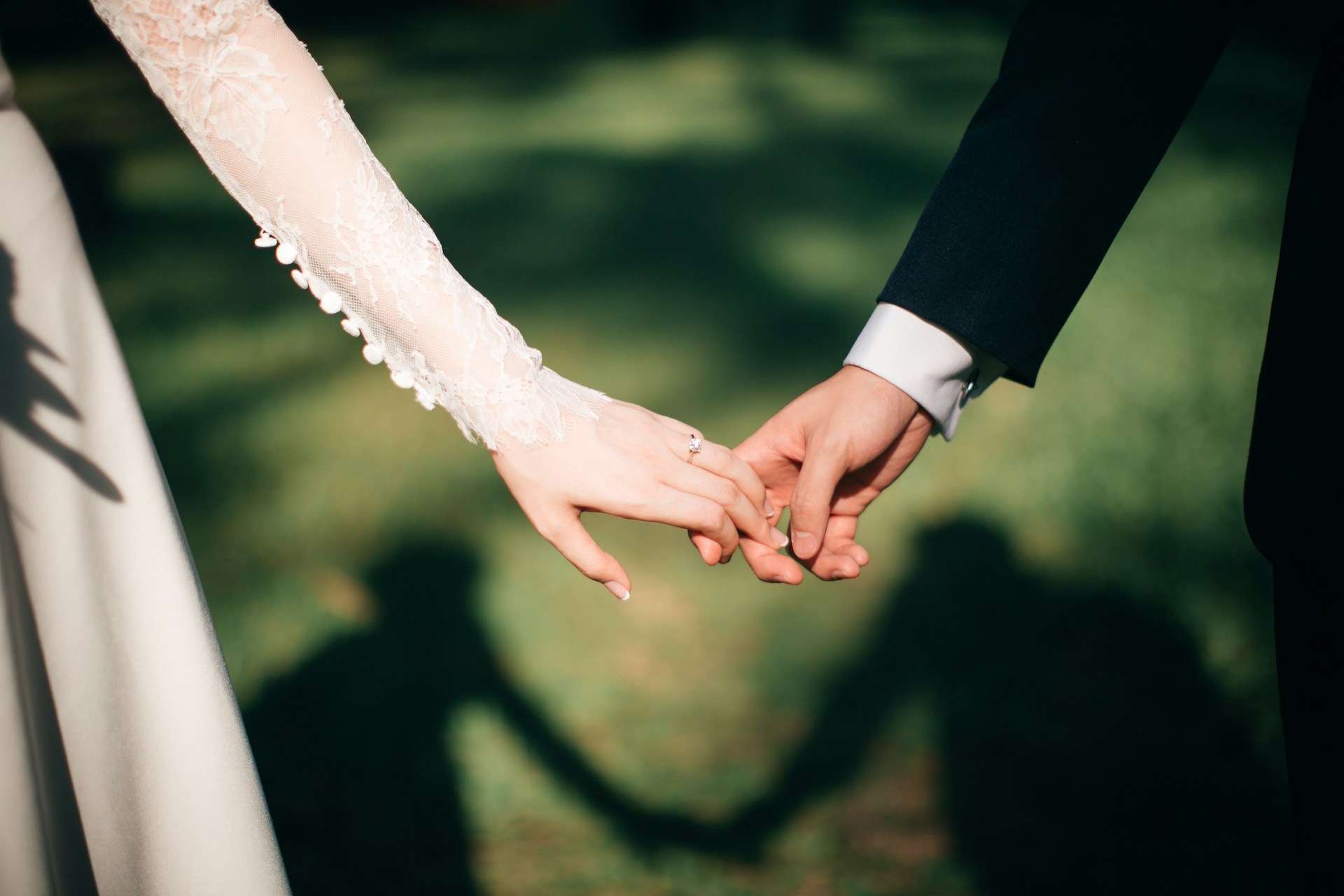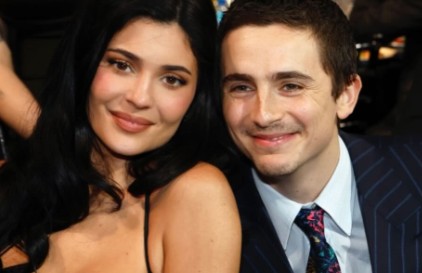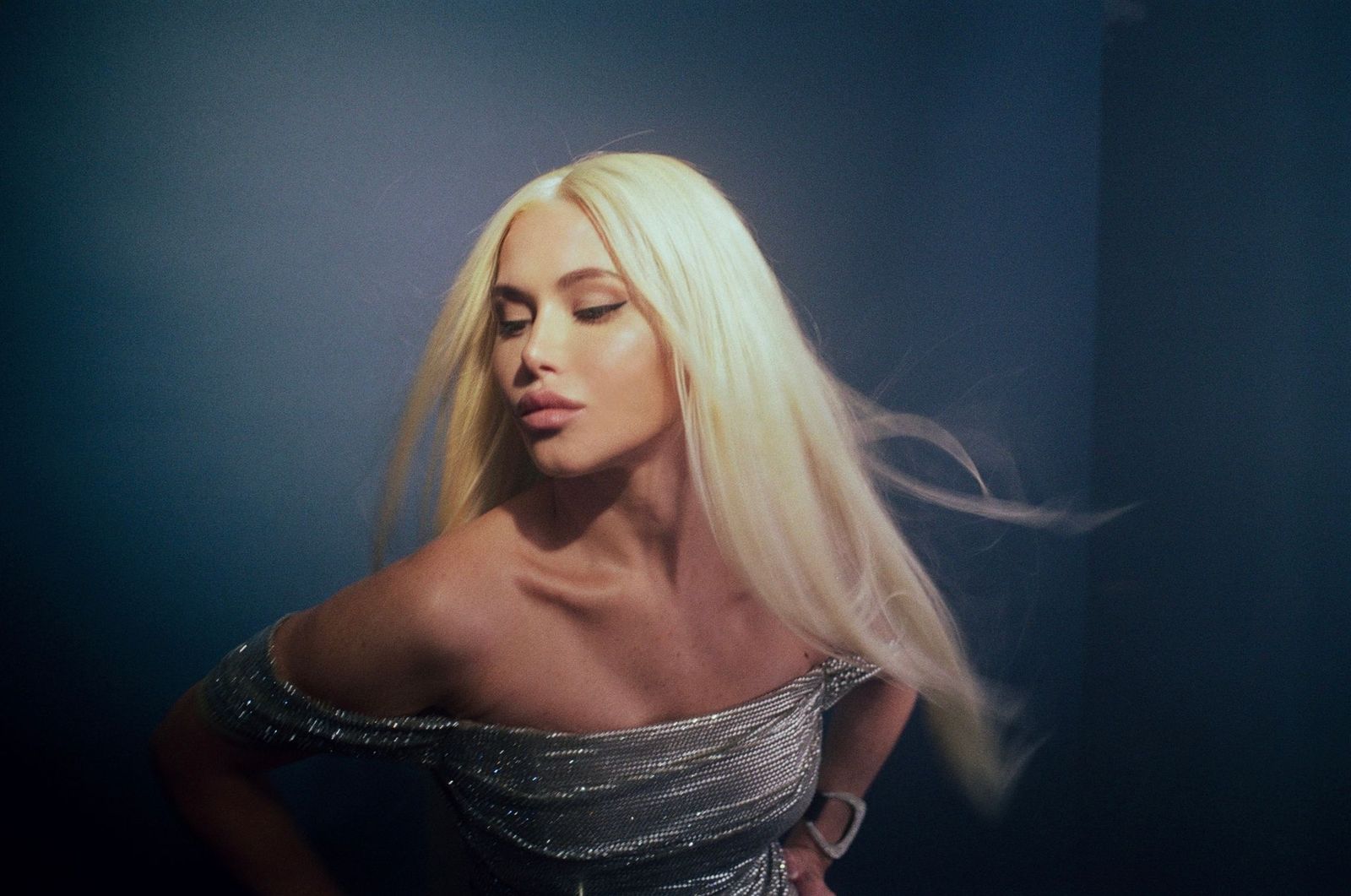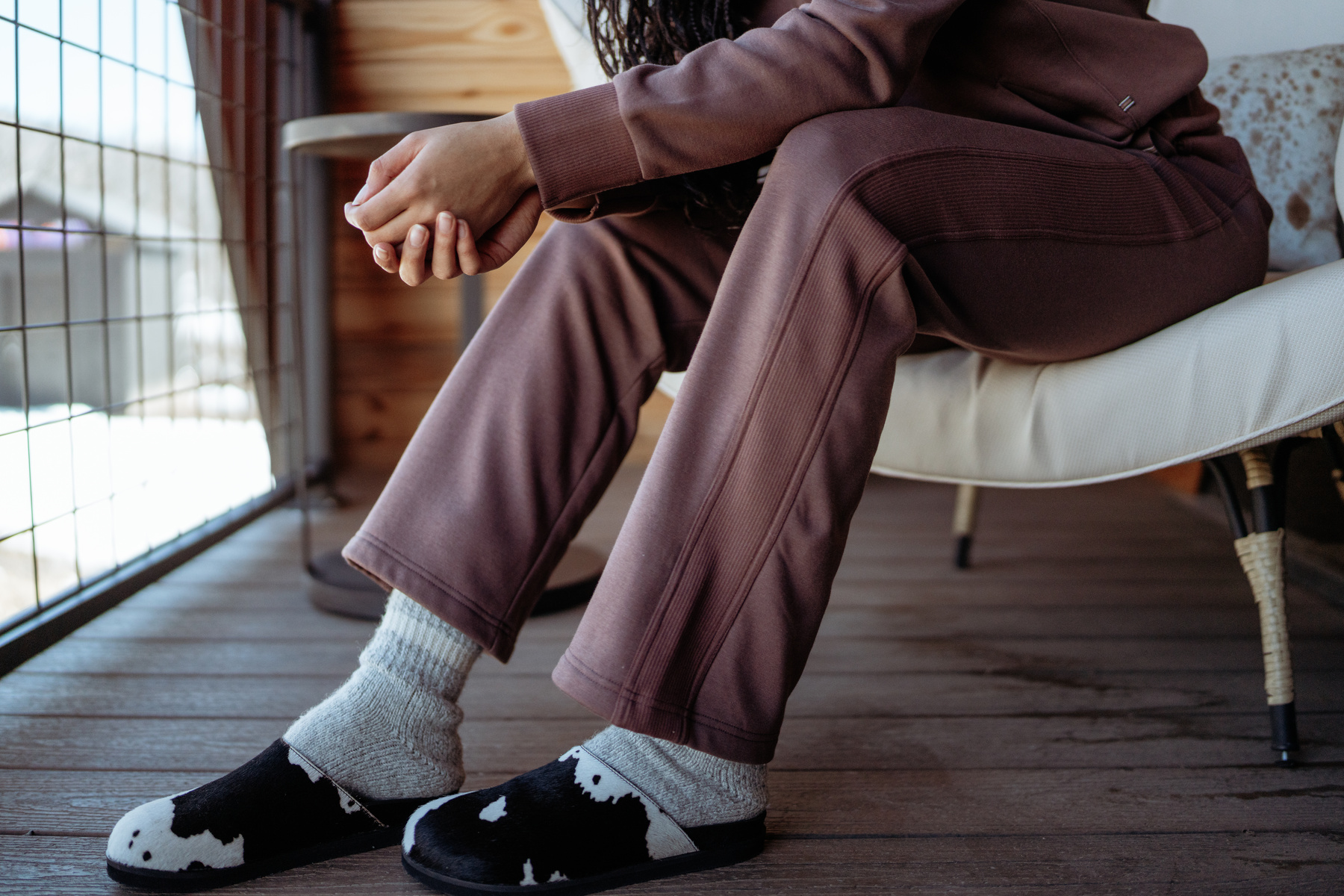
Ed Sheeran
By Fred Duval, Shutterstock
When Ed Sheeran released “Shape of You” in 2017, it was one of the year’s biggest songs.
Yet, many considered it to be shallow and misogynistic, with the track’s abhorrent music video proving that, at the peak of his career, Sheeran would fully embrace his new “image” of a perturbed, self-deprecating man whose own worth would be based on who he’s sleeping with.
In his latest song, “I Don’t Care,” Sheeran once again clings to this narrative. He describes himself as being at a “party [he] don’t wanna be at,” standing in the corner, wondering why people don’t look at him in the eyes. “I always feel like I’m nobody,” he sings from said corner. “Can you take my hand?” he calls out to his date who is having more fun than him, “finish my drink and say ‘shall we dance?'” The chorus digs deeper into this idea, with Sheeran saying things like, “You’re making me feel like maybe I am somebody.” Structurally, the song is a carbon copy of “Shape Of You,” relying on a janky-reggaeton instrumental, shallow lyrics, and a feature from Justin Bieber to carry it to the charts. Even Genius couldn’t help but point out the single’s lyrical similarities to both “Gallaway Girl” and “Shape Of You.”
But the problem with “I Don’t Care” is that it wants the listener to think this romance is ideal. The idea of placing partners on a pedestal is a tired trope that contributes to a toxic dynamic in romantic relationships. Sheeran is once again putting his self-worth on his partner, continuing to perpetuate the idea that a woman’s affection is something to earn in order to improve one’s standing in the world. Sheeran presents this dynamic as ideal by justifying the narrative that everyone has a soul mate who is going to sweep them off their feet and take their issues away. While that seems particularly critical of what is surely meant to be a harmless love song, you have to keep in mind who exalted Sheeran to fame: lonely teenagers. As shown below, they all find deep meaning and emotional connection to his music.
“Who wants to fit in anyway?” Sheeran sings on the hook. But at some point, don’t we all want to? Don’t we all want to be accepted and loved for who we are by more than just one person? Isn’t that, in turn, an unfair amount of pressure to put on that one person? The appeal of the outcast is compelling for young people who feel misunderstood; but in practice, it usually amounts to feelings of loneliness or inadequacy. But if you’re Ed Sheeran—a happily married, Grammy-award winning star, adored by legions of fans—it’s easy to say the grass is greener on the other side.
Mackenzie Cummings-Grady is a creative writer who resides in the Brooklyn area. Mackenzie’s work has previously appeared in The Boston Globe, Billboard, and Metropolis Magazine. Follow him on Twitter @mjcummingsgrady.
POP⚡DUST | Read More…
The Lo-Fi Revolution: How Minimalism Is Changing Music
Alesso on His New Song “REMEDY” and Why He’s Not Slowing Down













